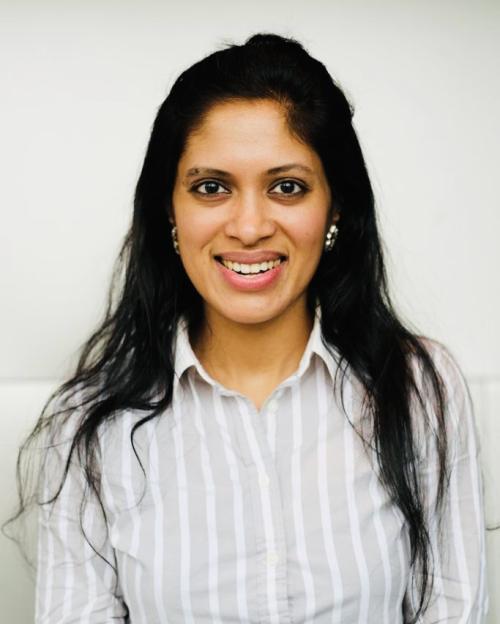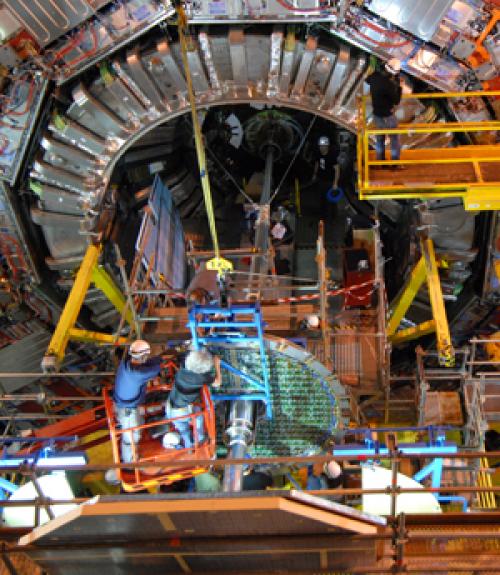Margaret Zientek, one of nine PhD students from Cornell working at the Large Hadron Collider in Switzerland, is featured in this story about women making their way in this male-dominated environment.
“I am working on a search for dark matter particles,” she says
“There is overwhelming evidence from cosmology that a completely new kind of matter, known as dark matter, exists and that it makes up a large portion of the matter in the universe. To date, we have only measured dark matter’s effect on large scale structures like galaxies through gravity. It turns out that over 80 percent of the matter content of the universe is a kind of matter we have never actually seen before! Dark matter is therefore a blanket term for this whole new sector of matter that is likely just as rich and complex as our own. However, we have yet to understand its underlying particle structure and how it interacts with ordinary matter.”




